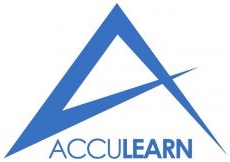Objectives
At the end of this seminar, you will:
- Appreciate the uses of various types of oil and gas contracts
- Describe best practice in supply chain management
- Identify, assess and manage key contractual risks
- Evaluate the most appropriate way to dispute resolution
- Perform more confidently in negotiations
Course Outlines
Day 1 – Principal Types of Oil and Gas Contracts
- Principles of Petroleum Law and Industry
- Exclusivity, Mutual Interest and Confidentiality
- Concessions/Licences
- Hire, Lease and Rentals
- Services and Works Agreements
- Multi-party Contracts
Day 2 – Managing the Supply Process
- Overview of Procurement Best Practice
- Developing the Scope of Work
- Qualifying Suppliers
- Managing the Supply Chain
- Contract Award and Execution
- Bribery and Corruption
Day 3 – Key Contractual Issues and Their Management
- Performance and Penalties
- Liabilities and Indemnities
- Force Majeure
- Pricing and Payment
- Termination
- Local Content Requirements
Day 4 – Managing Contractor Performance
- Identifying and Managing Supplier Risk
- Service Level Agreement
- Key Performance Indicators
- Changing the Scope of Work
- Limiting and Excluding Liability
- Use of Bonds, Guarantees and Warranties
Day 5 – Dispute Management in the Petroleum Industry
- Damages and Other Remedies
- Litigation or Arbitration?
- Alternative Third Party Dispute Resolution
- Enforcement Measures
- Negotiation, Compromise, Settlement
- Open Forum – Questions and Final Review



